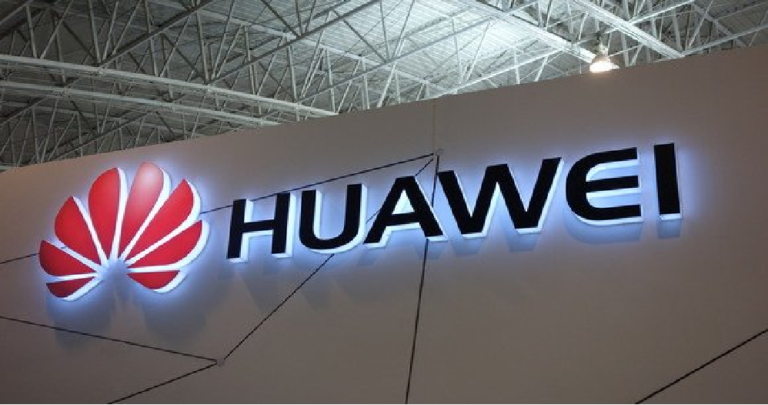
Huawei woes continue to compound under the influence of the United States. In the latest slap to its quest to lead global deployment of 5G, Singapore’s biggest wireless network operators have selected Nokia and Ericsson over Huawei Technologies Co Ltd for its 5G roll out.
The requirements given to the telcos in selection of their fifth generation suppliers involves national security consideration. The U.S. has been urging its allies to choose Nokia and Ericsson over Huawei due to the latter’s link with the Chinese military.
Thus, a joint venture between MI and StarHub that was awarded one of the city-state’s 5G licenses announced that it has chosen Nokia to build its radio access network and to supply the core and mmWave networks.
Register for Tekedia Mini-MBA edition 17 (June 9 – Sept 6, 2025) today for early bird discounts. Do annual for access to Blucera.com.
Tekedia AI in Business Masterclass opens registrations.
Join Tekedia Capital Syndicate and co-invest in great global startups.
Register to become a better CEO or Director with Tekedia CEO & Director Program.
But the company said it’s also looking to bring in other networks parts through Huawei and ZTE, according to Reuters.
Singapore Telecommunications also said that it has selected Ericsson to negotiate the provision of ran, core and mmWave networks.
However, the telecom regulator said no one was excluded from the selection; everyone was given equal opportunity, including the selection of preferred frequency spectrum lots and vendor partners. But the selection was made based on the requirements rolled out by the regulator which laid emphasis on security, resilience and performance.
The Singaporean minister for communication, S.Iswaran said Australia’s TPG Telecom, which has built a localized 5G network in Singapore will use Huawei.
This is coming at the same time the U.S. government has named Huawei and other tech companies of Chinese origin, among those being controlled by the People’s Liberation Army.
Washington on Thursday announced that video surveillance company; Hikvision and Huawei are owned and controlled by the Chinese army. The development has opened a way for financial sanctions from the United States government.
The announcement followed the security scrutiny that resulted in the trade backlist of the duo last year, and there has been immense effort by the U.S. government to convince its allies to reject the services of Huawei and other tech companies that are believed to be under the influence of the Chinese authorities.
Earlier this month, the United States government offered to pay for Brazil’s 5G roll out, if they would abandon Huawei.
The Department of Defense (DOD) shared a document listing 20 companies operating in the United States that the government believes are working for China.
The list includes China Mobile Communications Group, China Telecommunication Corp and aircraft manufacturer Aviation Industry Corp of China.
The released list ushered in a new wave of tension between the two world economic powers, though Washington did not say if it is going met out financial sanctions.
Washington has been under pressure by the U.S. lawmakers to release the list as the concern about national security heightens amidst the growth of Chinese tech companies operating in the United States. A 1999 law mandated that a list of Chinese military companies operating in the U.S. be compiled, fueling the yearning, particularly by members of the congress, for the Defense Department to draw up the designation.
The new wave of events pertaining to Huawei and other Chinese companies has put them on the spotlight and created a stigma toward them, and yet, some of the U.S. lawmakers think it’s not enough.
“The list is a start, but woefully inadequate to warn the American people about the state-owned and directed companies that support the Chinese government and Communist Party’s activities threatening U.S. economic and national security,” said Republican senator Marco Rubio.
But the spotlight is now more on U.S. allies. As the tension escalates, the United States is depending on its allies to tie loose ends where Huawei and others can spring a surprise from. Companies in and outside the U.S. have limited freedom to engage Chinese companies owing to pressure from Washington.
Reuters reported that the Defense Department’s list also includes China Railway Construction Corp, China Aerospace Science and Industry Corp (CASIC), as well as CRRC, the world’s largest maker of passenger trains, which has won contracts in some states of the U.S., including Chicago, Los Angeles and Philadelphia by bidding lower.
As the U.S. government takes more swipes at Chinese companies for the sake of national security and economy, it’s not clear what measures the Chinese government’s retaliation will take. What is clear is that more and more allies of the U.S. are bending to every pressure she exerts, and Huawei’s global 5G leadership dream is increasingly becoming unrealistic.



